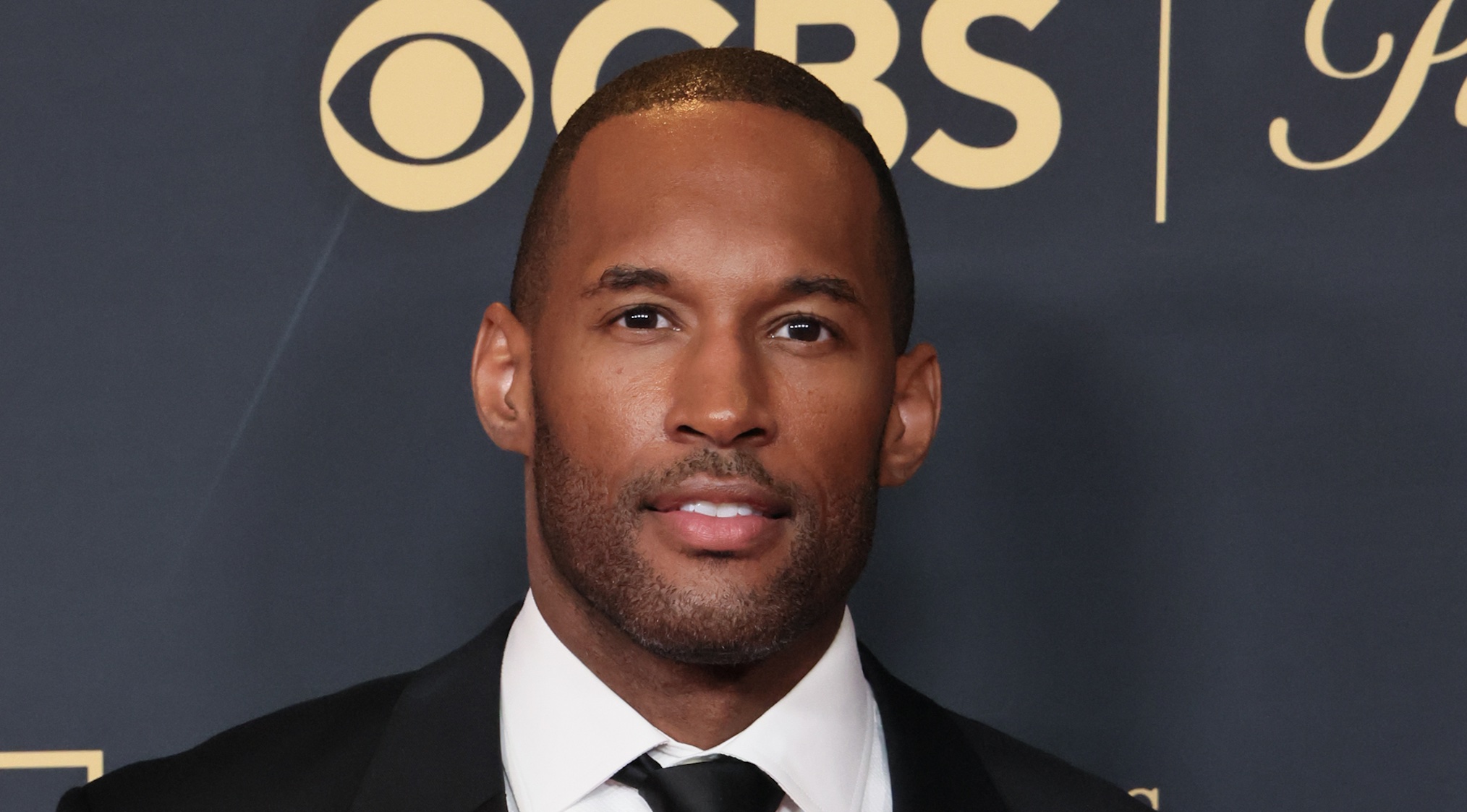
While money managers were inking deals, talking about AI and hanging on Elon Musk’s every word at this week’s premier business conference in Beverly Hills, a passionate debate over diversity was taking place behind closed doors.
In a small side room, roughly 40 people, including some of Wall Street’s most senior executives of color, crowded around a rectangular array of tables for an invitation-only panel and confronted hedge fund manager Bill Ackman for his attacks on diversity, equity and inclusion, or DEI, initiatives, according to five attendees.
For about an hour, Ackman was criticized for his public denunciation of DEI and for expressing views that participants said were detrimental to the progress of women and people of color in America. The money manager, who has labeled DEI “inherently a racist and illegal movement,” faced backlash from both panelists and audience members, the attendees said, asking not to be identified as the session was private. The discussions were part of an event on DEI at the Milken Institute Global Conference on Monday.
Along with Ackman, panelists included Jarvis V. Hollingsworth, chair of the $200 billion Teacher Retirement System of Texas; Dina DiLorenzo, president of Guggenheim Investments which manages more than $300 billion; and John Hope Bryant, the head of Operation Hope Inc., a nonprofit dedicated to improving financial literacy.
Ackman, the billionaire founder of activist investment firm Pershing Square Capital Management, began his high-profile assault against DEI initiatives last year after accusing elite colleges, including his alma mater Harvard University, of failing to respond to allegations of antisemitism on campus. At the panel this week, Ackman blamed DEI staff members for fostering ideas that deem some “oppressed” and others, including Jewish people, as “oppressors,” according to the attendees.
Most who spoke pushed the money manager to recast his attack on DEI, arguing that his message threatens to undercut diversity programs across America, the people said. At least one speaker said his attack on DEI reflected a poor understanding of the Civil Rights movement, including the Jewish community’s role in it, the people said. Others said they’d witnessed his previous efforts to support diverse talent and businesses, but that his message on DEI is being co-opted by those who seek to diminish opportunities for people from disadvantaged backgrounds.
“We’re talking about expanding the table and adding a chair,” panelist Bryant said in an interview after the event. He declined to comment on the discussion directly. Supporters of DEI need to more forcefully argue that diversity has aided US economic growth, he said.
Big Debate
“I have written thousands of words about my nuanced views on this important topic. I would ask that people read them to fully understand my perspective,” Ackman said in a statement Thursday when asked about the discussions at the panel. He pointed to his lengthy post on X from January. In that post, he said he had concluded “that DEI was not about diversity in its purest form, but rather DEI was a political advocacy movement on behalf of certain groups.”
Hollingsworth and a spokesperson for the Milken conference declined to comment on the discussions. DiLorenzo didn’t respond to a request for comment.
The debate at the conference reflects a broader dispute taking place across corporate America over the role of DEI. Comments by Ackman, Musk and former President Donald Trump have added fuel to a crusade led by conservative activists trying to dismantle DEI initiatives in schools, colleges and companies.
The arguments around DEI spread beyond the panel with Ackman to other conversations at the Milken conference, which wrapped up on Wednesday. Several speakers on the main stages voiced criticism of diversity initiatives. Argentine President Javier Milei said at a keynote luncheon Monday that “a promising future for the species is impossible if we sacrifice merit, competition and results on the altar of diversity.”
Citadel founder Ken Griffin said he’d continue withholding funds from Harvard until the school “recommits itself to meritocracy in a very public and profound way.” He’s previously attacked the school’s “DEI agenda” for failing to respond to antisemitism on campus.
“It would be a mistake for Jewish funders and trustees to align against campus DEI efforts,” said Simone Friedman, who leads giving at EJF Philanthropies, the family foundation of hedge fund manager Manny Friedman. In an interview with Bloomberg News, she advocated expanding diversity programs on campus to more comprehensively include Jewish identity.
Marty Nesbitt, the co-founder of private equity firm Vistria Group, said he was seeking to recast the debate to focus on the ways investing in under-served people and businesses drives returns.
“When we talk about diversity and inclusion and all that stuff, we’re in the business of making money — this is all just capitalism,” Nesbitt said at a separate panel. His company invests in education, health-care and finance — especially in companies that bring services to underrepresented groups.
“I just think there’s a real opportunity under all these perspectives to make a really good risk-adjusted return,” he said.
Subscribe to the CFO Daily newsletter to keep up with the trends, issues, and executives shaping corporate finance. Sign up for free.
Read The Full Article Here
















:upscale()/2024/02/07/981/n/1922564/tmp_4bDHps_6a572373ec799480_IMG_0254.jpg)

:quality(70):extract_cover():upscale():fill(ffffff)/2024/11/07/877/n/1922564/b940a457672d1d07ad21d4.53641183_816-6NNcj8L..jpg)








